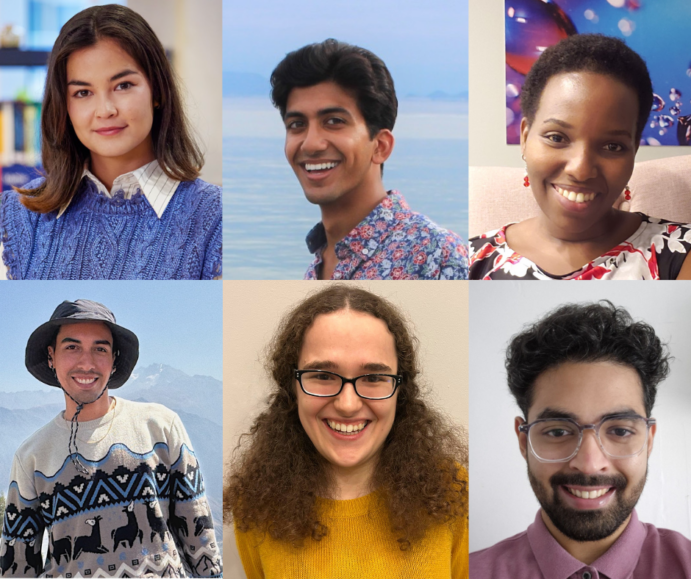
As Gates Cambridge celebrates 25 years, we are delighted that Darwin will be welcoming six of this year’s scholars, as part of the programme’s largest ever cohort.
Ninety-five postgraduate scholars will begin their studies at Cambridge in October, following in the footsteps of 2,218 students from 112 countries who have received the scholarships since their inception in 2001.
The Darwinian Gates Scholars are:
- Canfer Akbulut (Turkey) PhD Psychology
Canfer aims to create methods for behaviourally measuring AI theory-of-mind and investigating its link to deception, ultimately contributing to a more profound understanding of AI capabilities and helping to guide the development of safer and more trustworthy AI systems. - Varun Subramaniam (United States) PhD Psychiatry
Varun plans to identify neural biomarkers of compulsivity—a transdiagnostic trait underlying conditions such as OCD, substance-use, and eating disorders—using high-fidelity recordings from the live human brain. - Daphne Karusoke (Uganda) PhD Engineering
Daphne’s research is focussed on the economic cost and systems impact of traumatic brain injury in the East African region. This will inform policy, resource allocation and hopefully strengthen efforts to prevent or reduce severity of traumatic brain injuries. - Erixberto Olivencia Alvarez (Puerto Rico) MPhil Biological Sciences
Erixberto will pursue an MPhil in Embryogenesis and Reproductive Biology, aiming to delve deeper into the mechanisms of embryonic development, with the goal of becoming a physician-scientist studying how prenatal stressors—like heat stress, hormone dysregulation, and chemical or viral exposures—shape long-term health. - Sarah Nicholls (United States) PhD Medical Science
Sarah will use a synthetic lethality genome screening to determine the molecular interactions of the protein tau, which is implicated in Alzheimer’s disease (AD) and other neurodegenerative conditions. This work will help make tau-based treatments for AD safer and more effective. - Adhib Hussain Syed (India) PhD Architecture
Adhib plans to develop and apply spatially-explicit GeoAI models to study health disparities in cities in different contexts, analysing the complex interactions between the built and natural environment, socioeconomic conditions, geodemographics, and health outcomes.
Find out more about Gates Cambridge and the class of 2025.
